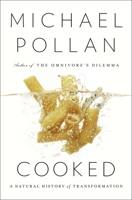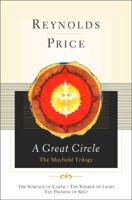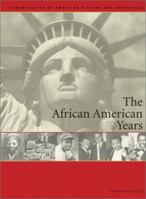The Pequots (Watts Library)
Select Format
Select Condition 
You Might Also Enjoy
Book Overview
No Synopsis Available.
Format:Paperback
Language:English
ISBN:0140239308
ISBN13:9780140239300
Release Date:October 1994
Publisher:Penguin Adult Hc/Tr
Length:368 Pages
Weight:0.71 lbs.
Dimensions:0.8" x 5.0" x 7.9"
Customer Reviews
4 customer ratings | 4 reviews
There are currently no reviews. Be the first to review this work.






































